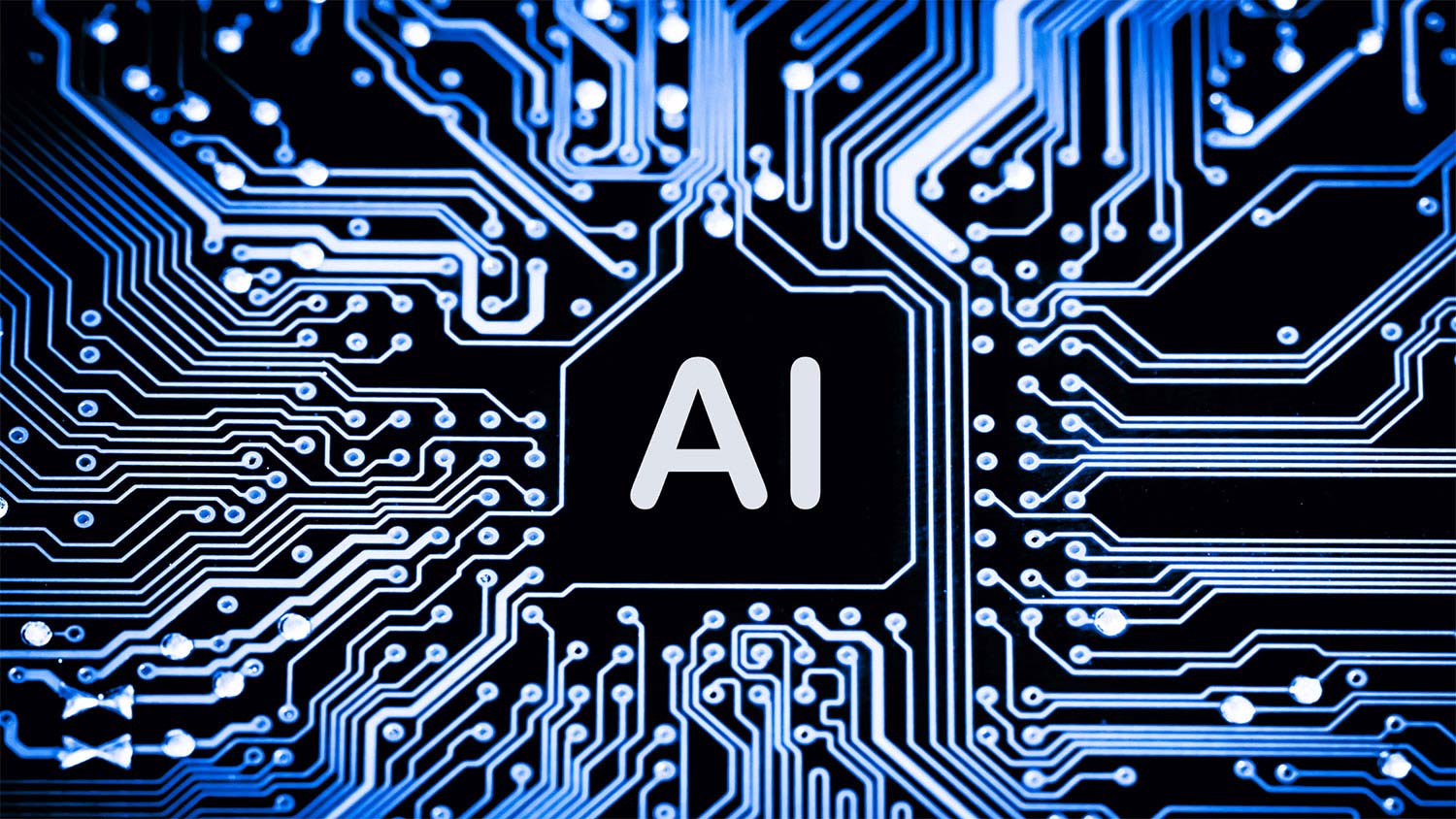AI, IoT and waste: is technology a help, hindrance or just hype
Monday 2nd June 2025

There’s increasing pressure on businesses across industries such as hospitality, retail, agriculture, manufacturing and construction to manage commercial waste more effectively . . . and sustainably. This is due to a combination of tightening regulations, sustainability compliance and rising costs.
So, can technology play a central role in driving improvements in the waste management space? Or do organisations simply need to roll up their sleeves and put practical processes and manual improvements in place?
Let’s find out
The role of AI and IoT in waste management
First things first: the terms AI and IoT refer to Artificial Intelligence and the Internet of Things. These terms have become much more commonplace and increasingly understood over the last five years as tech advances have been made at a rapid pace.
Already, these two innovations are being used together to make waste processes smarter and more efficient. IoT devices like smart bins, sensors and tracking systems are being used to collect real-time data relating to waste generation and waste transfer.
AI tools are then being instructed to analyse this data to detect patterns and offer insights regarding improvements that humans have missed. In particular, AI software has the ability to collect, collate and interpret large quantities of data almost instantaneously – as opposed to a human taking days or even weeks to sift through all of the information made available.
In practical terms, this can manifest itself in a number of ways. For example:
- A restaurant uses food waste data to identify where certain items are being over ordered and so the weekly shopping list can be amended accordingly.
- Sensors in the soil on a small family-run farm enable farmers to use fertilisers in a more targeted way to reduce consumption and minimise run-off waste
- AI analysis of project plans on a construction site help to prevent the overordering of raw materials, whilst also identifying the potential volume of materials that should be recycled after use.
.jpg?sfvrsn=a31d4b8f_1)
The benefits: compliance, cost savings and carbon cuts
Meeting compliance requirements
As stricter waste regulations come into play in the UK – such as the Extended Producer Responsibility (EPR) and Simpler Recycling initiatives – technology can assist businesses in improving traceability and making reporting both easier and more accurate. An example of this would be in the automation of creating records for waste generation, movement, reuse and recycling.
Cost savings
Commercial waste management doesn’t come for free and organisations handling waste will always have to cover the cost of disposal fees and lost resources. But through AI-driven insights companies can reduce overproduction, prevent spoilage and identify recycling or reuse opportunities that open the door to significant cost savings.
Making a positive environmental impact
By optimising processes and reducing waste, organisations can further their environmental credentials and meet sustainability goals. More effective waste management has the power to lower a carbon footprint, improve brand reputation and even access green funding opportunities.
The challenges presented by technology
There is undoubtedly great potential in AI and IoT for the future of commercial waste management. Nevertheless, adopting new technologies can come with a new set of challenges. These include:
- Upfront investment – the deployment of sensors and integration of new software can be expensive.
- Complexity – linked to the investment is the complexity of integrating these systems into everyday business. This in itself requires expertise, ongoing maintenance, continuous training and changes in business culture.
- Lack of oversight – as smart as these technologies are, there are still times where human input is required (and will be for some time). Without careful implementation and review, businesses risk overstating their sustainability credentials and risk the loss of trust that comes with “greenwashing”.
Looking beyond the hype
Like all technological adoption, AI and IoT solutions shouldn’t be considered to be magic bullets. Instead they are valuable tools in the pursuit of business improvement. For many businesses, starting small is the way to go – for example, trialling smart bins in a small number of locations before investing in a full roll-out.